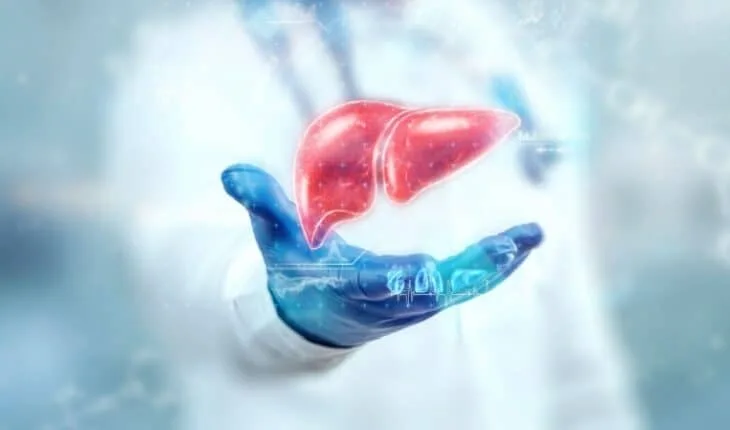New research from the University of Aberdeen could lead to the development of medication for disease that affects 1 in 4 people worldwide but is currently untreatable.
The study, which is published in Cell Metabolism was carried out by an international team of scientists, led by Professor Lora Heisler from the University of Aberdeen Rowett Institute and Dr Fiona Murray from the University’s Institute of Medical Sciences.
More than 400,000 individuals’ genes were studied from the UK Biobank, and researchers discovered that variants in a specific gene called GPR75 are linked to being lean and having a lower chance of developing a condition called hepatic steatosis, which is a type of fatty liver disease.
The research also found that removing GPR75 prevented fatty build up in the liver following intake of a Western diet in mice.
Professor Heisler said: “People who enrolled to the UK Biobank were profiled, and we found that those with disruptions in the GPR75 gene were less susceptible to fatty liver disease. This is an important breakthrough. Approximately 1 in 4 people worldwide have non-alcoholic fatty liver disease, however there are currently no medications to specifically treat this condition. Advanced non-alcoholic fatty liver disease can lead to cirrhosis, the only cure of which is a liver transplant. This study has highlighted a potential drug target for non-alcoholic fatty liver disease.”
Dr Murray said: “As part of the Aberdeen Cardiovascular and Diabetes Centre, the overall aim of our research is to uncover new targets for the detection and treatment of metabolic disease and related diseases such as heart disease, high blood pressure, diabetes, and non-alcoholic fatty liver disease.
“GPR75 is G protein-coupled receptor. Over 30% of medicines act on G protein-coupled receptors, illustrating that GPR75 could be a druggable new target. Going forward, we plan to harness our discovery and investigate how we can block GPR75 action in the body to translate our findings the clinic.”
- What is a seizure? - 13th March 2025
- Febrile Convulsions and Seizures in Children - 13th March 2025
- Why women are less likely to receive CPR or survive cardiac arrest - 6th March 2025






